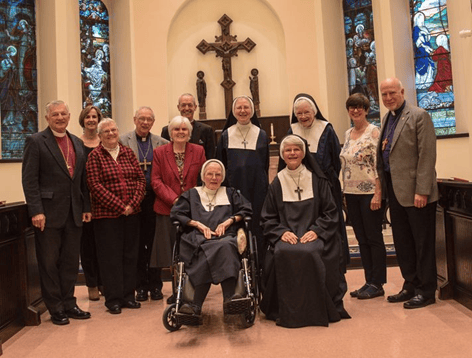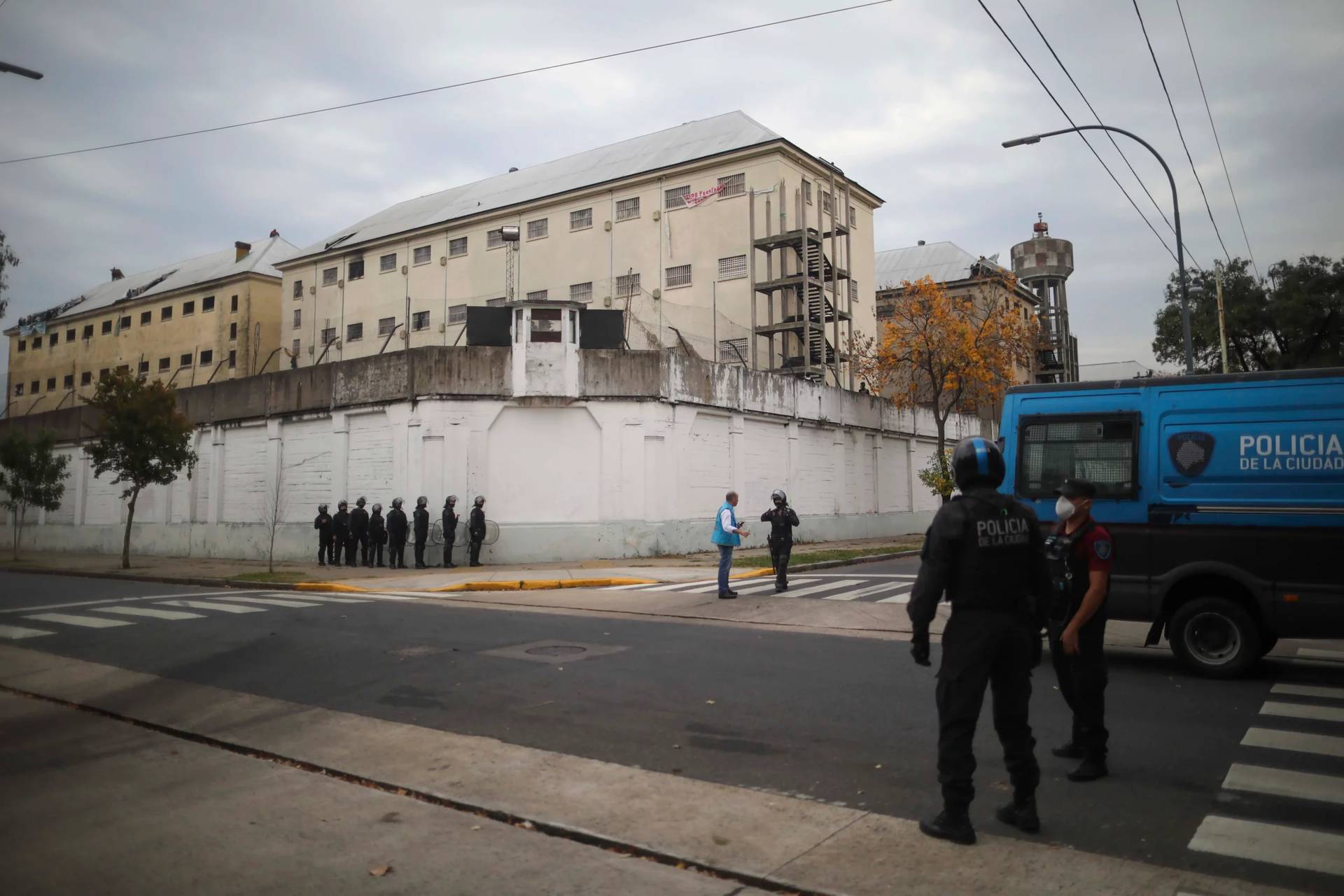SÃO PAULO – Two different agencies of Brazil’s bishops’ conference have condemned the arrest of 16 members of the Indigenous Akroá Gamella people on November 18 in Maranhão State after they protested the construction of a transmission line in their territory.
The local energy company has been trying to install transmission lines in the Taquaritiua territory since 2016. Until now, the Akroá Gamella community had not been consulted about the project, which is required by law in cases that can impact traditional populations.
In the morning of Nov. 18, two unidentified armed men arrived in the Akroá Gamella territory to support the work of Equatorial Energia, the power company that serves Maranhão State.
About 15 members of the indigenous group surrounded the men with bows and arrows and told them to drop the guns, which were taken to another location.
Later that day, the Akroá Gamella discovered that the two men were Military police officers working during their free time as private security agents.
In the afternoon, a police squad arrived in the village and started to arrest men and women. The Akroá Gamella resisted, and the agents became violent.
“The Akroá Gamella territory is located in a very violent area, and they have been suffering systemic violence over the past years. So, when those men arrived, they obviously thought they were some kind of hitmen,” Rafael Silva, the Land Pastoral Commission (CPT) legal advisor in Maranhão, told Crux.
The CPT and the Bishops’ Conference’s Indigenous Missionary Council (CIMI) are the two agencies that have addressed the incident.
“They intended to give the guns to the Federal Police,” Silva added.
“They kept women and men at gunpoint and shot at the ground. The kids were leaving the school and saw their families in that situation. Many remembered the 2017 massacre,” Croopuhre Akroá Gamella told Crux.
He was referring to the incident of April 30, 2017, when a crowd of invaders of the Akroá Gamella territory attacked one of their villages with machetes, sticks, and guns, injuring 22 indigenous men and women. Two of villagers had their hands mutilated and had to undergo several surgeries.
The police took the group to a police station in Viana, a nearby city. After a few ours, they were transported to Vitória do Mearim, where they were jailed. Their hair was shaved off, and they allege they suffered racist abuse.
Part of the group was released on the next day, and another group on November 20. But half of them have been charged with the robbery of the two agents’ guns.
“That charge is politically motivated. It will be used against the Akroá Gamella in the land demarcation process,” Silva said.
The group reoccupied part of its traditional lands in 2015, but the process of granting land title has been very slow, according to Gilderlan Rodrigues da Silva, CIMI’s State coordinator in Maranhão.
“The territory has been officially identified and a workgroup was created to look into the demarcation process. But the President Jair Bolsonaro administration has frozen all land grants,” he told Crux.
Currently, the Akroá Gamella land is disputed by farmers and by the Equatorial power company, whose transmission line would cut it in two halves.
In July, CIMI claimed that an area inside the indigenous territory was invaded and fenced by a family that participated in the 2017 massacre.
“The Akroá Gamella had been historically victims of violence. They had to hide their identity for decades in order to keep alive,” Da Silva said.
With their lands invaded since the 19th century, they have struggled to keep their culture and their group unity. Many of them married people from non-indigenous communities.
“And thus, they have been frequently called ‘impure indians’ and ‘fake indians’. Even public agencies at times deny their rights as indigenous persons using those arguments,” he added.
Croopuhre Akroá Gamella said that the atmosphere in the community has been tense after the latest incident.
“One of the police chiefs gave an interview to a local radio station with the intention of pitting the society against us. We have been receiving constant threats,” he said.
Silva said he plans to demand that the inquiry against the Akroá Gamella be moved to the jurisdiction of the Federal Police, which he says is the appropriate stance to deal with the case.
“But we know the inquiry’s result will not be positive. That’s a strategy to criminalize the indigenous peoples,” he argued.
Croopuhre says that his people will keep fighting for its rights.
“When we don’t fear dying, we are hopeful. And our hope is that one day we will have our ancestral territory back,” he said.
















